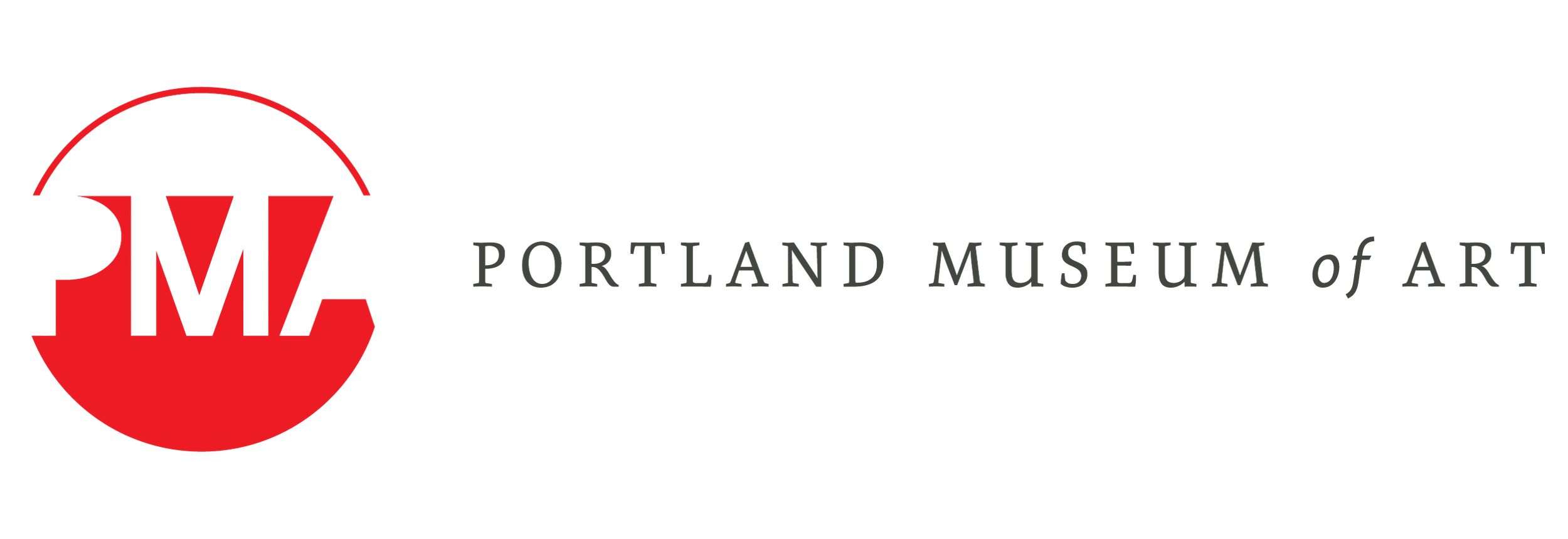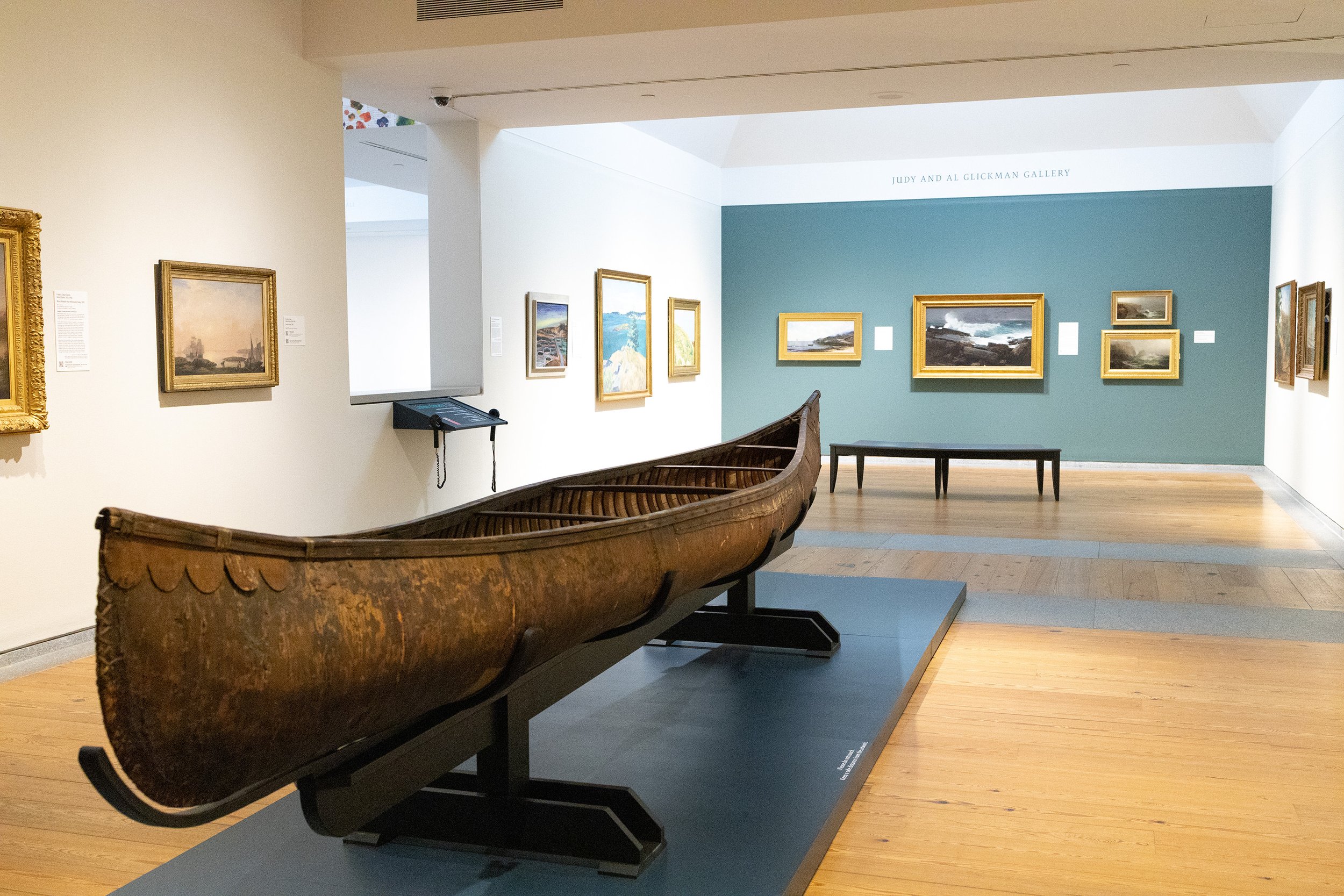Happening at Maine Historical Society and the PMA
registration is required and space is limited
The collections of the Portland Society of Natural History (1836-1972) included anthropological items such as 500 archaeological items like Ancient Americas pottery, Wabanaki baskets, and a Penobscot canoe from the 1880s. Canoes like this one - now in the care of the Hudson Museum at the University of Maine, are a thousands of year-old tradition made and used by Indigenous peoples across what is now called North America, and are described as one of the greatest inventions in human history. Today this birch bark canoe stands as witnesses to the enduring importance of water, Indigenous history and art, Penobscot lifeways, and the relationships between Penobscot peoples, non-Indigenous settlers, water, and the land. Join Penobscot writer and artist Jennifer Neptune, and Penobscot photographer and videographer Jason Pardilla along with MHS Curator Tilly Laskey, for an interactive discussion on water, Indigenous science, climagration, and cultural resiliency in a time of rapidly changing climate.
This program will begin inside MHS’s exhibit CODE RED: Climate, Justice, & Natural History Collections, and continues at the Portland Museum of Art, where the Penobscot canoe will be on display as part of the reinstallation Passages in American Art, which PMA Assistant Curator of American Art, Ramey Mize, will briefly introduce.
Please note the first half of the program will take place at Maine Historical Society and the second half at the Portland Museum of Art. Guests may enter through the MHS Museum Store at 489 Congress Street, Portland; doors will open at 5 p.m. and the program will begin promptly at 5:30 p.m. Participants will travel from MHS to the PMA on foot, a distance of 0.2 miles and a walk that will take an estimated 5-7 minutes.

